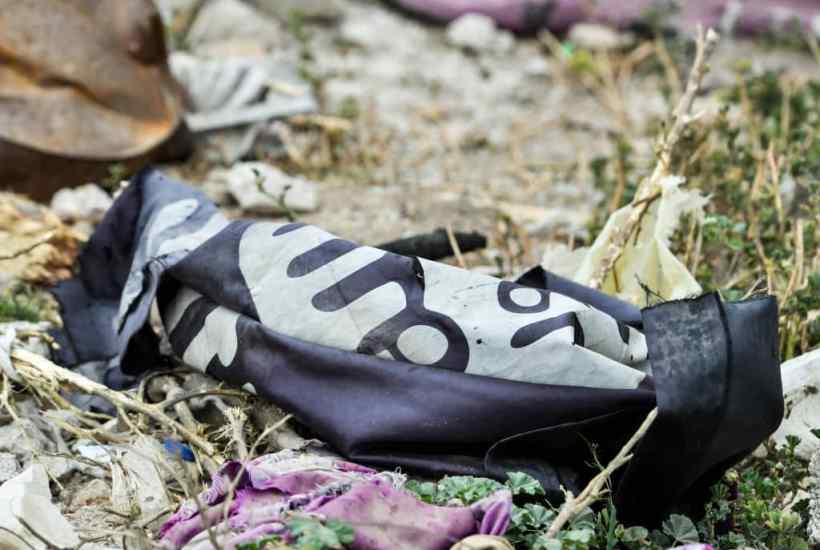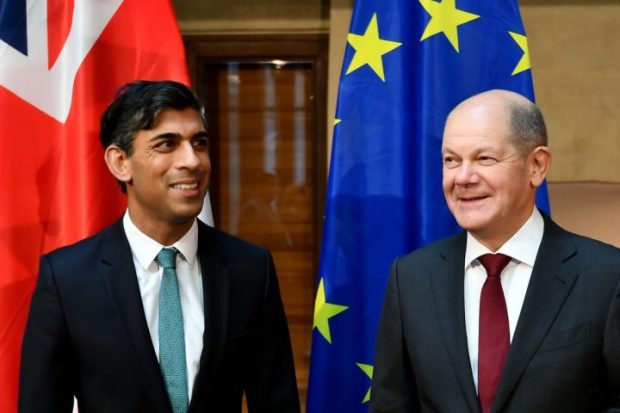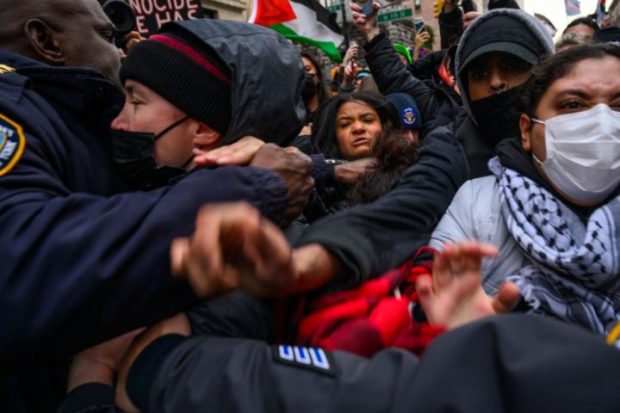Are we cancelling former Isis sex slaves now? It would seem so, at least going by this barmy story out of Toronto, Canada, where a school-board recently pulled out of an event with a survivor of the Yazidi genocide amidst fears her story could ‘foster Islamophobia’.
Nadia Murad is a Yazidi human-rights campaigner and Nobel Peace Prize winner. In 2014, her family were killed by Isis as the group swept through northern Iraq. She was sold into sexual slavery. She was raped, tortured and passed around depraved militants until she eventually escaped. She has since become an advocate for the rights of Yazidis, determined to make sure the West does not forget what happened in Sinjar.
Murad was booked to appear next year at a book-club event in Toronto to discuss her memoir, The Last Girl: My Story of Captivity, and My Fight Against the Islamic State. But the Toronto District School Board pulled its support after superintendent Helen Fisher voiced concerns about Murad’s book.
Tanya Lee, a Toronto entrepreneur who runs the book club, said that she responded to Fisher’s ‘concerns’ by simply sending her information about Isis. ‘This is what Islamic State means’, she wrote. ‘It is a terrorist organisation. It has nothing to do with ordinary Muslims.’ But it appears that Fisher failed to educate herself. (The school board has since backtracked, suggesting that ‘there appears to have been a misunderstanding’).
Whether or not pupils will attend the event remains unclear. We can only hope they will. Murad’s story is one not only of unthinkable depravity, meted out on an innocent young woman and her community, but also one of unfathomable courage, in her determination to push on with her life and improve the lot of the Yazidi people.
What is clear is that political correctness rots the soul as well as the brain. That a presumably well-educated and professional person looked at this event and immediately thought ‘hmmm, that looks a bit dodgy’, speaks to the warped sensibilities of too many people in positions of influence today. So fearful are they of being seen to upset certain identity groups, some will gladly snub a survivor of genocide and rape.
This nervousness about even discussing Islamist terrorism is becoming increasingly common, particularly in Britain. Days after the Manchester Arena bombing in 2017, Andrew Neil asked Manchester MP Lucy Powell how bad she felt the problem of ‘Islamist radicalisation’ was in her city. ‘I’m not sure that this is the right moment to totally go into that’, she burbled, before insisting that the attack had nothing to do Islam. Even though that is not what the then BBC man had asked her. During a General Election leaders’ debate that same year, Ukip’s Paul Nuttall was rounded on by all the other party leaders after he condemned ‘Islamist extremism’ from the podium.
Somewhere along the line, Western societies decided that to talk openly about Islamist atrocities is beyond the pale. The moronic decision of one Toronto school-board official is only a slightly more extreme example of how detached, unhinged and heartless this form of political correctness can be.<//>
Got something to add? Join the discussion and comment below.
Get 10 issues for just $10
Subscribe to The Spectator Australia today for the next 10 magazine issues, plus full online access, for just $10.




















Comments
Don't miss out
Join the conversation with other Spectator Australia readers. Subscribe to leave a comment.
SUBSCRIBEAlready a subscriber? Log in